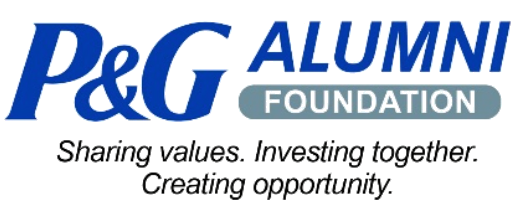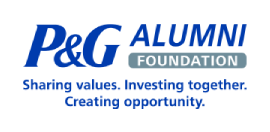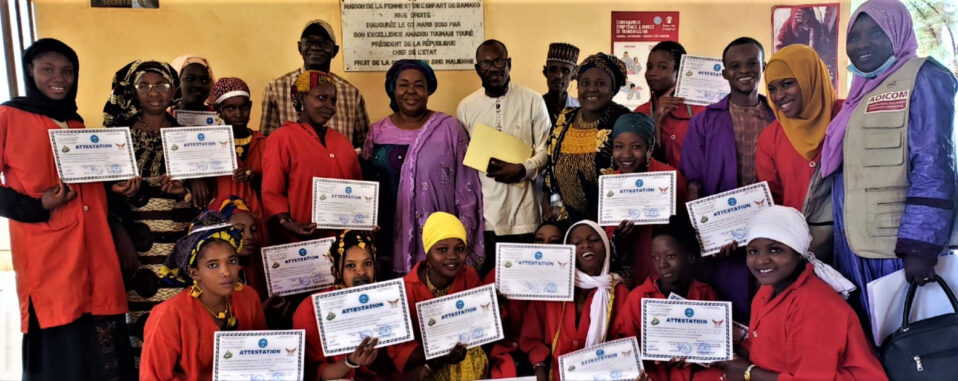 Arts to End Genocide
Arts to End Genocide
The mission of Arts to End Genocide (AtEG) is to provide health care for children and to develop a sustainable method for families to rise out of poverty through work-skills and business development.

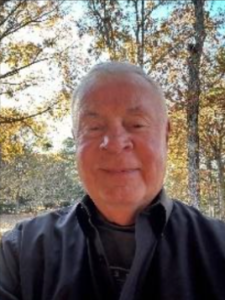
James Bisbee
P&G Alumni Grant Champion
Sponsoring Alum: James Bisbee
24 years at P&G in PSO in the U.S.
Jim Bisbee has been in a leadership role with AtEG since its inception in 2014 and is currently Board President. Jim wears a number of hats in this ‘working role’ that includes program development, trainer, logistics manager and grant writer. Jim played a key role in the development of both the Skills Training program and the Food Assistance program that are currently underway in Mali. He manages the import and distribution of the merchandise produced by the Women’s Cooperative. Jim took the lead role in developing the implementation plan for shoe-making workshops in the U.S. and bringing the shoe making program to Africa. Best estimate of the bottom-line results suggests 3,700 children in 5 African nations received shoes and 20 local shoemaking businesses were established. Jim played a major role in writing the successful Rotary International grant, receiving $42,500 that allowed AtEG to open a free Children’s Clinic in Bamako, Mali which has treated over 11,000 street children since its opening in 2018.
“I’ve been involved in AtEG since its inception. We are a relatively small organization, but we have been able to achieve outsized results! The mission we have is enormous and physically very far away. The problems we try to solve are even larger. But having said that, it’s rewarding in that we have been able to make a large impact.’ Jim goes on to write: ‘I was an employee of P&G for 24 years and though my post P&G life has been productive and rewarding, I miss the people and the associations that I had there. I am excited about the potential to have the opportunity to interact with old friends and folks with whom I shared a lot in common.”
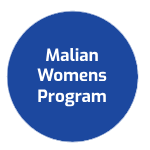
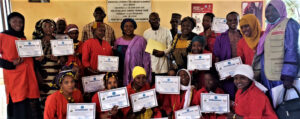 AtEG has undertaken this project with the understanding that gender equality is a concept that defies Malian cultural tradition. Giving women the skills to generate income also enables them to gain independence and self-respect and give them a voice within their family and community. Although this concept may be taken for granted in most of the Western world, within the Malian culture this would be considered innovative. AtEG is thus an agent of change. In Phase I of the program, which began during February 2022, 15 women were enrolled in a sewing program at the Training Center in Bamako. After graduating they were placed into 3-month internship programs with local sewing companies while their education continued with a 2-month course in Business Management. AtEG assisted them in forming a Women’s Cooperative where they assumed the responsibility of training other women. AtEG built a facility for them to work in and equipped it with sewing machines, supplies and solar power. The Women’s Cooperative is now generating income by selling at local markets and exporting products to the U.S.
AtEG has undertaken this project with the understanding that gender equality is a concept that defies Malian cultural tradition. Giving women the skills to generate income also enables them to gain independence and self-respect and give them a voice within their family and community. Although this concept may be taken for granted in most of the Western world, within the Malian culture this would be considered innovative. AtEG is thus an agent of change. In Phase I of the program, which began during February 2022, 15 women were enrolled in a sewing program at the Training Center in Bamako. After graduating they were placed into 3-month internship programs with local sewing companies while their education continued with a 2-month course in Business Management. AtEG assisted them in forming a Women’s Cooperative where they assumed the responsibility of training other women. AtEG built a facility for them to work in and equipped it with sewing machines, supplies and solar power. The Women’s Cooperative is now generating income by selling at local markets and exporting products to the U.S.
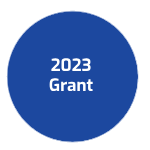
The PGAF grant of $18,000 will fund the training of 180 women in soap-making, braiding/plaiting, dying, milk processing henna and pottery, and improve living conditions for more than 1000 members of the community. Trainees will be residents of Faladie as well as the IDP camp in Zantiguila, 60 km away.
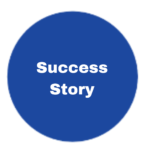
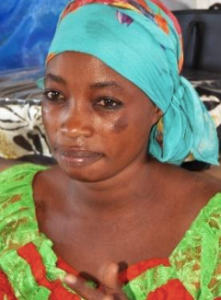 My Name is Fati Maiga, I Live on the Faladje IDP camp with my family. We left Sofara a village situated 80 km away from Mopti. When I came to Faladje I was just a midwife and did not have any qualification. I was trying to start up a small business selling peanuts, but I did not have any resource to start something. However, I was lucky to be part of the members of a training session supported by a national NGO called ADICOM and a U.S. NGO called ATEG.
My Name is Fati Maiga, I Live on the Faladje IDP camp with my family. We left Sofara a village situated 80 km away from Mopti. When I came to Faladje I was just a midwife and did not have any qualification. I was trying to start up a small business selling peanuts, but I did not have any resource to start something. However, I was lucky to be part of the members of a training session supported by a national NGO called ADICOM and a U.S. NGO called ATEG.
They trained us in many fields including Sewing, how to manage a small business and organized us in a women’s cooperative with more than 30 members. This was a great opportunity for me because I learned many things and could now sew many articles and get money to live and support my family.
Today, I can say that I am a happy woman thanks to the trainings that I got. I can take care of my family without waiting for an outside assistance. My children look better and I am proud to see them happy today. They go to school and I see their future brighter than two years ago. We encourage ADICOM and their partners to not let us down
